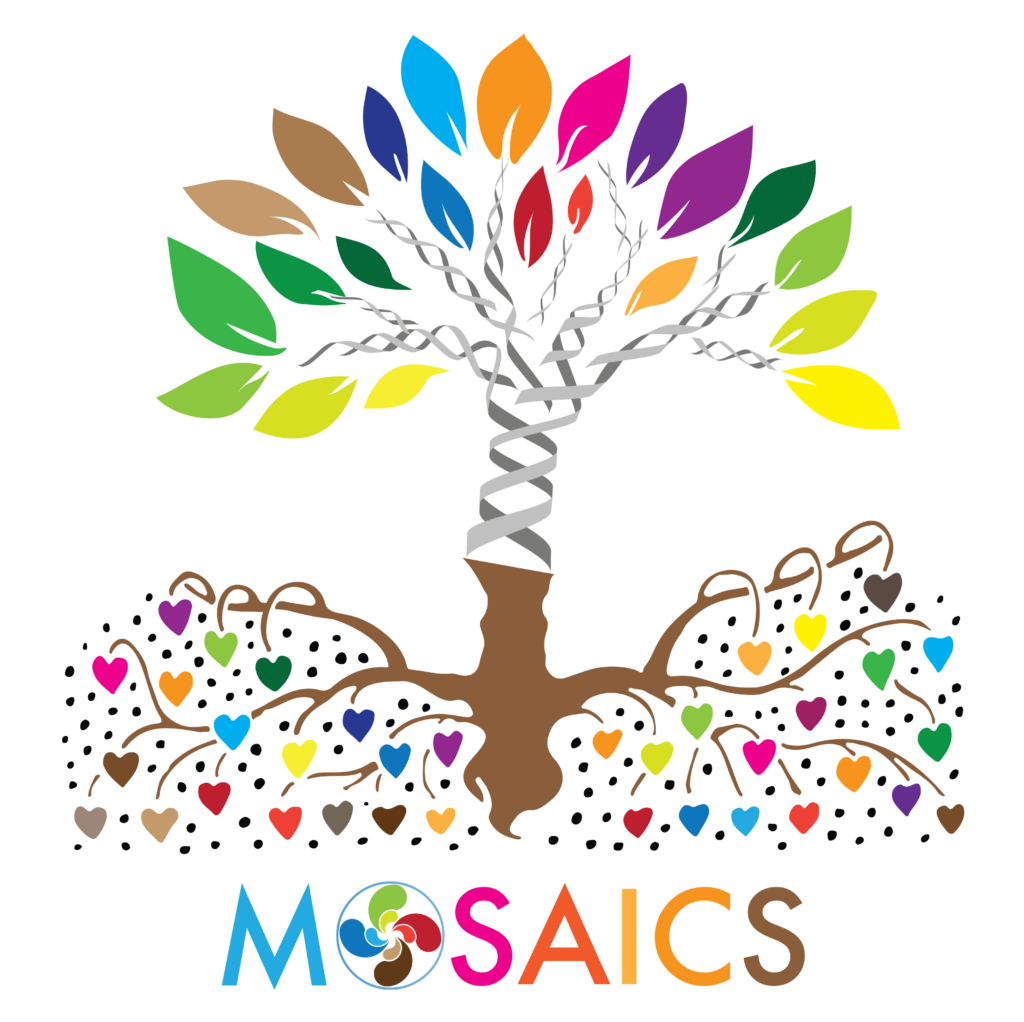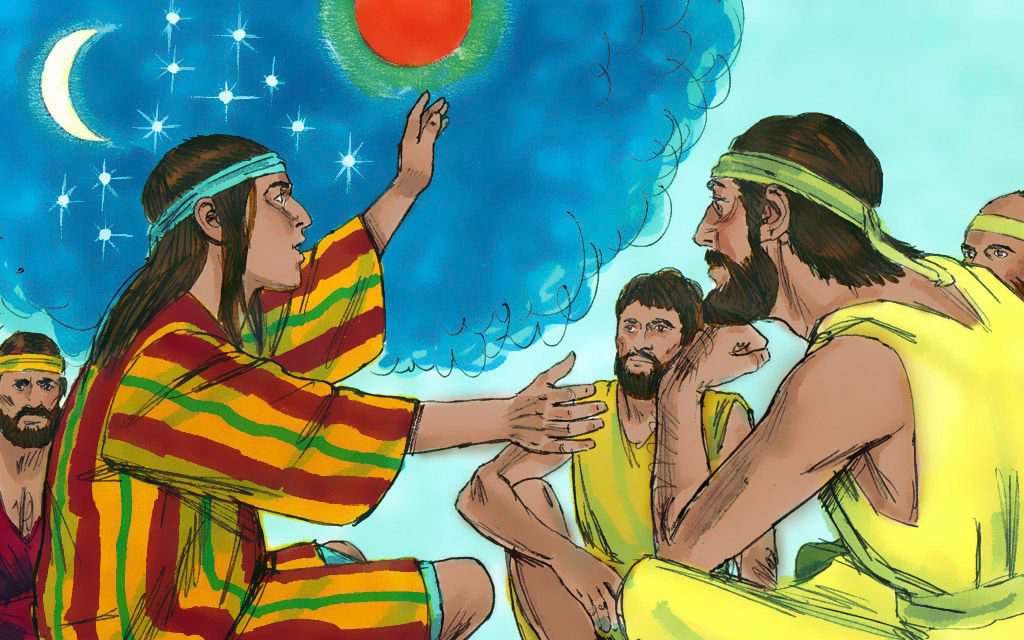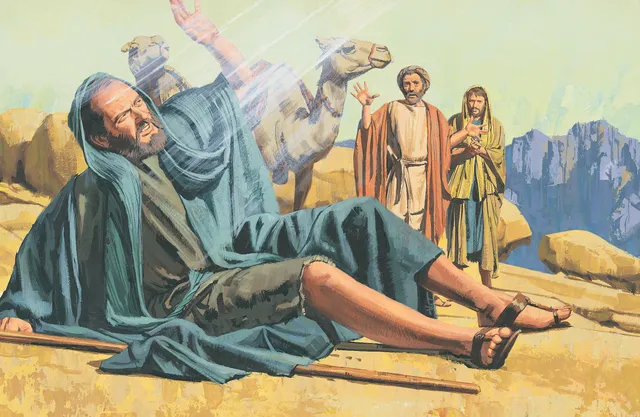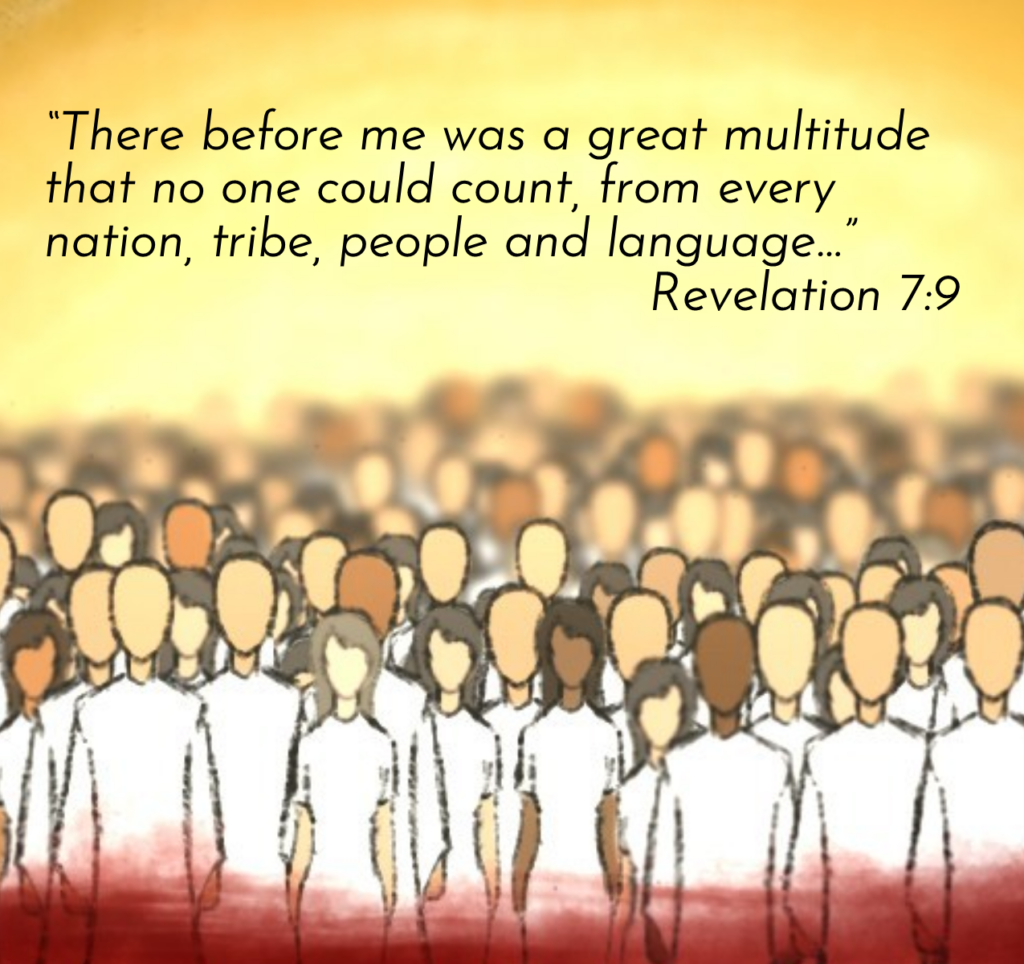“Embracing Third Culture: Lessons from Joseph and Paul”
by Rev. Dr. Stephen Moon
Scriptures: Genesis 39:1-5; Genesis 50:19-21 | Romans 12:1-2 & Galatians 3:26-28
Dear Brothers and Sisters,
Today, let’s talk about two amazing people from the Bible: Joseph and Paul. They can teach us a lot about staying strong, knowing who we are, and sharing God’s love with everyone, no matter where they come from. Their stories offer profound lessons on resilience, identity, and the fulfillment of the Great Commission in the context of Third Culture.
First, let’s understand what “Third Culture” is. The Third Culture, originally coined by sociologist Ruth Hill Useem in the 1950s, refers to individuals who grow up in a culture different from that of their parents, often due to their parents’ work or migration. These individuals develop a hybrid cultural identity, blending elements from both their parents’ culture and the culture of their upbringing.
The term emphasizes the unique experiences and perspectives of those who navigate between multiple cultural worlds, often feeling a sense of belonging to neither their parents’ culture nor the culture of their current environment.
Third Culture individuals could be like someone born to Mexican immigrant parents in a neighborhood mostly populated by Asian families, attending local American schools. This person would have a mix of Mexican, Asian, and American influences, making them a Third Culture person.
To learn more about Third Culture, let’s look at Joseph’s story in the Bible. Joseph went through some really tough times, but his story shows us how being a mix of different cultures can be a good thing.
Early Life: Joseph was favored by his father, Jacob, which led to jealousy among his brothers.
Joseph says to his brothers, “Behold, I have dreamed yet another dream: and behold, the sun and the moon and eleven stars bowed down to me.” – Genesis 37:9
Joseph’s older brothers sold him into slavery in Egypt.
However, In Genesis 39:2-3, we see that “Yahweh was with Joseph, and he was a prosperous man. He was in the house of his master the Egyptian. His master saw that Yahweh was with him, and that Yahweh made all that he did prosper in his hand.”
Servanthood in Egypt: Joseph ended up in Potiphar’s household, where he excelled, but was falsely accused by Potiphar’s wife and imprisoned.
(Potiphar was an Egyptian official and captain of the guard, serving under Pharaoh, the ruler of Egypt.)
This illustrates the importance of having a strong vision supported by faith in our God. Joseph didn’t just have a plan for his life, but he also believed strongly that God would be there for him no matter what.
Interpretation of Dreams: While in prison, Joseph interpreted the dreams of Pharaoh’s cupbearer and baker, which later proved accurate.
Rise to Power: Pharaoh had troubling dreams, and the cupbearer remembered Joseph’s gift. Joseph interpreted Pharaoh’s dreams, predicting seven years of plenty followed by seven years of famine. Impressed, Pharaoh made Joseph second in command over Egypt.
Reconciliation with Brothers: During the famine, Joseph’s brothers came to Egypt seeking food. They did not recognize him, but Joseph eventually revealed his identity and forgave them.
Reunion with Family: Joseph orchestrated his family’s relocation to Egypt to survive the famine, ensuring their well-being.
Legacy: Joseph’s descendants became the tribes of Israel, fulfilling God’s promise to Abraham.
Throughout these events, Joseph’s faith, wisdom, and forgiveness played crucial roles in shaping his life and the destiny of his family.
Even though Joseph faced many tough times, he never gave up on the dream God had given him. He kept on believing and walking with faith. Living as a Third Culture missionary, he learned to thrive in new places by embracing different cultures. Joseph’s story shows us how powerful it can be to accept and appreciate cultural differences while holding onto our faith.
In Genesis 50:20, Joseph declares to his brothers, “As for you, you meant evil against me, but God meant it for good, to save many people alive, as is happening today.”
This verse shows how Joseph always trusted that God was in control, and he could see beyond his troubles to achieve something bigger.
Just like Joseph, there’s a guy named Paul, who used to be called Saul. He was really into following Jewish rules and didn’t like Christians at all. He even agreed to hurt them, like when they stoned Stephen, one of Jesus’ friends and one of 7 deacons of the early church.
But then, something big happened. While Saul was on his way to persecute more Christians, he met risen Jesus and fell on the ground, and heard a voice saying to him, “Saul, Saul, why do you persecute me?” (Acts 9:4)
Following his conversion, Paul took several missionary journeys, spreading the teachings of Jesus throughout the Roman Empire. He established many Christian communities and churches, facing opposition, imprisonment, and persecution along the way.
This totally changed Saul. He became blind temporarily and received a commission from Jesus to preach the gospel to the Gentiles.
Apostle Paul wrote numerous letters, or epistles, to the early Christian communities he founded or supported. These letters, found in the New Testament, provide theological teachings, guidance, and encouragement to believers.
Apostle Paul truly embraced his identity as a Third Culture missionary spreading the message of salvation to people of all cultures and backgrounds.
Like Joseph, Paul endured several imprisonments and faced trials for his preaching and beliefs. Despite these challenges, he remained steadfast in his faith and continued to proclaim the gospel.
Romans was written after the completing all three mission trips. Paul says in Romans 12:1-2, “Present your bodies a living sacrifice, holy, acceptable to God, which is your spiritual service. Don’t be conformed to this world, but be transformed by the renewing of your mind, so that you may prove what is the good, well-pleasing, and perfect will of God.”
In Galatians 3:28, Paul declares, “There is neither Jew nor Greek, there is neither slave nor free man, there is neither male nor female; for you are all one in Christ Jesus.”
This verse highlights Paul’s vision for unity and inclusion in the body of Christ, transcending cultural barriers and divisions.
Apostle Paul testifies, “To the weak I became as weak, that I might gain the weak. I have become all things to all men, that I may by all means save some.” – 1 Cor. 9:22
Both Joseph and Paul exemplify Third Culture identities, navigating the complexities of diverse cultures while remaining rooted in their faith and vision. Their lives demonstrate the transformative power of God’s love to reconcile and unite people from all walks of life.
As followers of Christ, we are called to embrace our Third Culture identities, transcending cultural divides and embracing diversity as a reflection of God’s creativity and grace. We are called to embody Joseph’s resilience and Paul’s passion for the Gospel, boldly proclaiming the message of salvation to all nations.
How to become a Third Culture Christian?
In love of the brothers be tenderly affectionate to one another; in honor preferring one another; not lagging in diligence; fervent in spirit; serving the Lord; rejoicing in hope; enduring in troubles; continuing steadfastly in prayer; contributing to the needs of the saints; given to hospitality. – Romans 12:10-13
For our citizenship is in heaven, from where we also wait for a Savior, the Lord Jesus Christ – Philippians 3:20-21
But you are a chosen race, a royal priesthood, a holy nation, a people for God’s own possession, that you may proclaim the excellence of him who called you out of darkness into his marvelous light. – 1 Peter 2:9
Let’s respond to the Great Commission’s call, as stated in Matthew 28:19-20, “Therefore Goand make disciples of all nations, baptizing them in the name of the Father and of the Son and of the Holy Spirit, teaching them to observe all things that I commanded you.”
This is our vision: to fulfill the Great Commission by embracing our Third Culture identities and proclaiming the transformative power of Christ’s love to the ends of the earth.
Revelation 7:9 says, “After these things I looked, and behold, a great multitude, which no man could count, out of every nation and of all tribes, peoples, and languages, standing before the throne and before the Lamb, dressed in white robes, with palm branches in their hands.”
May we, like Joseph and Paul, remain steadfast in our faith, resilient in the face of adversity, and passionate in our pursuit of the Great Commission. Let us go forth as ambassadors of reconciliation, bridging cultural divides and bringing the light of Christ to a world in need of hope and salvation.







